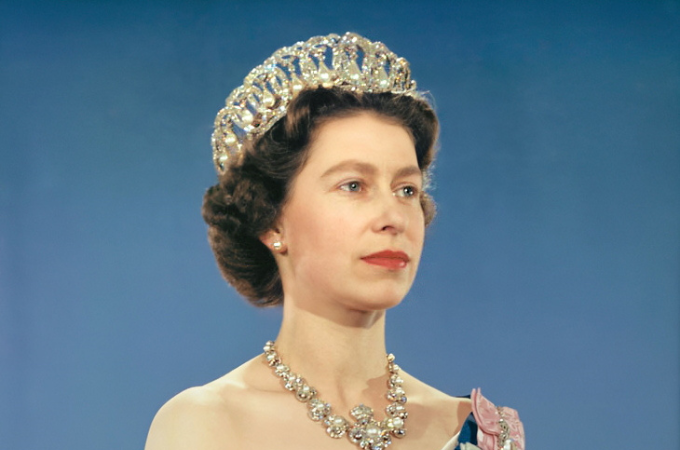
After a long reign of 70 years and ruling over 32 sovereign states during her lifetime, Queen Elizabeth II passed away on September 8. For the past week, many African writers have publicly shared their thoughts about the Queen’s passing on social media.
While some writers celebrated the life of Queen Elizabeth II and wished her a peaceful transition, others used their social media platforms to reflect on the British monarchy’s legacy of imperialism and colonialism in Africa. Some of these writers include Mukoka Wa Ngugi, Minna Salami, Bernardine Evaristo, and others. Read on to see the wide range of reactions that African writers had to the Queen’s passing.
Cornell University professor and writer Mukoma Wa Ngugi took to Twitter to share his straightforward remarks on the British monarchy’s legacy in Africa and lack of reparations offered, for which his tweet was reported. He then posted the following caption to Instagram:
My uncle was deaf. He was asked by British soldiers to stop. Of course he did not hear them. They shot him dead. My other uncle was in the Mau Mau. My grandmother hid bullets for him. Colonialism happened to real people. It is absolute madness to expect us to mourn the queen.
View this post on Instagram
The Kenyan president declared a four day mourning period for the queen. The crown put his father, Kenyatta in jail for agitating for Kenyan independence. We should be mourning our dead. I was on @democracynow with Prof. Elkins talking about colonialism. https://t.co/VhqvFa8kCT
— Mukoma Wa Ngugi (@MukomaWaNgugi) September 12, 2022
Finnish-Nigerian author Minna Salami also shared similar views about the Queen’s death on Instagram, using the occasion to reflect on feminism and the Queen’s relation to it:
I am ambivalent about Queen Elizabeth’s passing. I don’t feel anything particularly strong about it. She was not an icon or mother figure to me and she was not a feminist role model. Feminism is about non-conformity and the Queen could hardly be called a radical.
However, neither is Queen Elizabeth the first person who comes to mind when I think of neocolonialism, surveillance capitalism, or genocide. There are structures and systems that do that work unscrutinised on a daily basis.
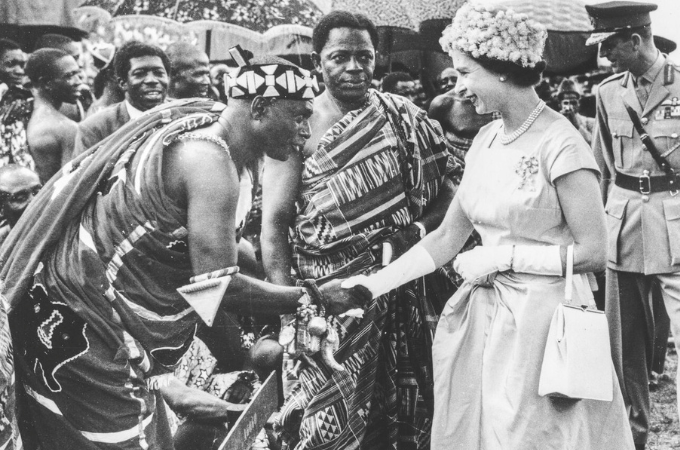
Some writers such as British-Nigerian author Evaristo and London-based blogger Uju Asika had more moderate reaction to the Queen’s death. Evaristo took to Instagram to capture the grey areas of the debate about mourning the Queen’s death in light of the monarchy’s colonial legacies. In a nutshell, she said:
The Queen was a constant in all our lives, the totemic figure who outlasted the carousel of governments & political leaders. This is not to portray her as a saintly figure – arguments against this are well-rehearsed, but she was a female figurehead & symbolic leader for 70 years, always floating in the psyche of the public consciousness, whether we were royalist or not. Her image – the bank notes, the neon-bright outfits, the millions of hands shaken – are imprinted on the nation. She was simply always here. When my 89 year old English mother was born, she was her first public figure role model & when I was born in 1959 she was the first recognisable public figure in my life who became, I realise now, part of its backdrop.
From my angry, idealistic 20s (in my case, simplistic) to my intellectually energised 60s, my positions are more nuanced and more realistic about who we are as a nation.
Queen Elizabeth was an individual, as well as an institution. I feel a sense of loss that she’s no longer with us. RIP HM
View this post on Instagram
Asika shared a beautiful post on her Instagram, where she remembered her mother’s passing during the moment of the Queen’s departure. Here is a brief excerpt from her heartrending caption:
Not everyone is grieving and I get that. I’ve spoken openly about the Royal Family’s racist, imperialist, colonising legacy – everything some of us are trying to dismantle. That doesn’t take away from my sadness today or my ability to see the Queen as a woman, thrust into a role she never expected, giving her all in extraordinary circumstances.
We can hold space for a range of responses and emotions. People are strange and complicated too. So excuse me while I feel genuine sorrow for a woman I never actually knew in person. While I watch the ceremonies, laugh at the memes, nod at some of the anti-royalist posts, cringe at the whitewashing eulogies, and wish my mum was around so we could eat cake together and cry into our tea.
View this post on Instagram
Nigerian writer Richard Ali took to Twitter to celebrate the key values that Queen Elizabeth II embodied for him – duty and obligation.
Sad to hear of the passing of Queen Elizabeth II. I remember her as a person who, beyond ancestry and chance, took a stand that a sense of duty and obligation are important things to live by. pic.twitter.com/fMAQqNcgW6
— Richard Ali. (@richardalijos) September 9, 2022
I think that these are nearly lost values now, and that what this erosion means to us as human beings in societies remains to be seen.
Elizabeth, Regina, Requiescat in Pace.
— Richard Ali. (@richardalijos) September 9, 2022
Nigerian writer Toni Kan’s comment has a humorous bent: “Mama Charly aka Queen Elizabeth II has japa’d from Great Britain to the Great Beyond. A great woman has passed and we will never see another like her again. King Charles III is stepping into mighty big shoes.”
View this post on Instagram
Meanwhile, British-Nigerian author Noo Saro-Wiwa took to Instagram to celebrate the Queen’s life and fashion. In her Instagram caption, she said, “Where can I buy that coat? I want. #windsorchic”
View this post on Instagram




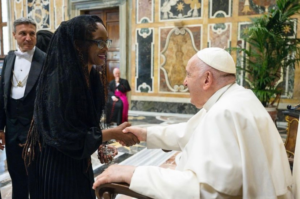
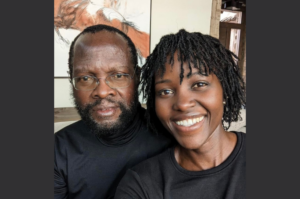
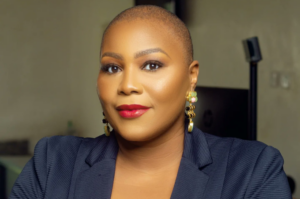


COMMENTS -
Reader Interactions